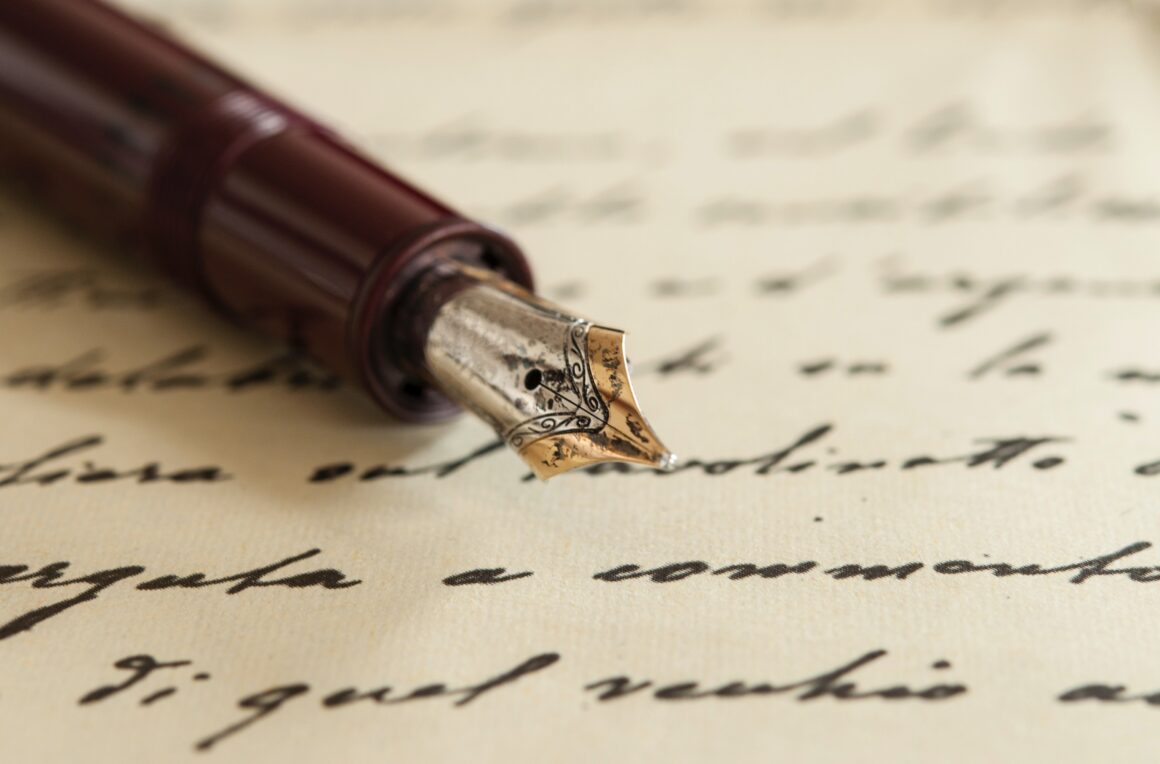There was a vague point during my long years of illness that I noticed I was beginning to feel somewhat better. A very subtle shift in my thinking was taking place.
This was despite spending hundreds of dollars each month on various treatments and supplements that often made me relapse and feel even worse. I was so sensitive to any environmental or nutritional changes that these attempts didn’t deliver on their promise for healing.
So, what DID help me gradually regain my energy?
I didn’t understand it at first but soon realized that the journaling habit I’d taken up was the key.
Every morning, and often at times late at night, I would scream my words of pain, distress and anger into my journal or computer with a running dialogue of how hopeless my life was.

Once I made the connection, I started to delve into the research on journaling (clinically called expressive writing), and this led me to my PhD dissertation topic, Expressive Writing for Personal Trauma: Health Changes and Subject Characteristics.
Here are some of the benefits found in my study of 52 people who were willing to adopt a short writing exercise over 4 days in order to improve and heal their symptoms of illness.
What Are The Clinically Proven Benefits?
- It improved sleep quality and duration.
- It decreased the physical symptoms of pain, fatigue, tension headache, and others.
- It reduced feelings of sadness and depression.
- It improved self-acceptance.
- It assisted wound healing.
- It decreased the need for medical and other healthcare visits.
Expressive writing can alter immune markers in specific diseases, which speaks to the healing benefits of this simple practice.
This review article, published in 2005, written about the same time as I did my study, shows similar benefits, Emotional and physical health benefits of expressive writing. Since then, the evidence is broadening to many more applications.
How Does It Actually Work?
- It decreases the physiological cost of active inhibition and thought suppression.
- It results in cognitive restructuring and reorganization.
- It helps habituate to stressors.
- It changes language to positive, insight, and causal words.
- It decreases intrusive thinking.
- It increases working memory capacity.
- It increases attention to and awareness of health choices.
Why Should I Use Expressive Writing?
- It’s easy, fast and convenient.
- It’s self-empowering.
- It is inexpensive.
- It is clinically meaningful and effective.
- It is a useful adjunct to other health practices.
- It increases self-awareness for decision making.
- It clarifies options for conflict resolution.
- It assists communication with others.
- It helps chart life changes and spiritual experiences.
One participant in my study wrote, “At the moment, my life is in an enormous state of flux – journaling has saved my life in some regards – because where else do you “tell” all your craziness!!?”
How Can I Get Started?
If you are not a regular journaler, ask yourself these questions:
- I wonder if journaling could help me with…….?
- A way I could begin this right away is to …….?
- This could really change things for me, and now I can envision that ……….?
If you journal regularly, ask yourself these questions:
- I am grateful for the benefits of journaling, because it has helped me……?
- A way I can enjoy my journaling even more is to ……..?
- I am looking forward to learning more about myself in terms of …………..?
If you were part of my dissertation study, thank you, and I appreciate you SO much! Please let me know more about your experience of journaling over the years. I’d love to hear from you again.









